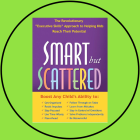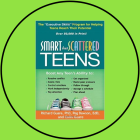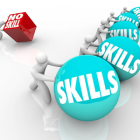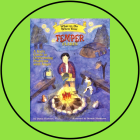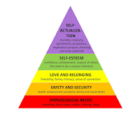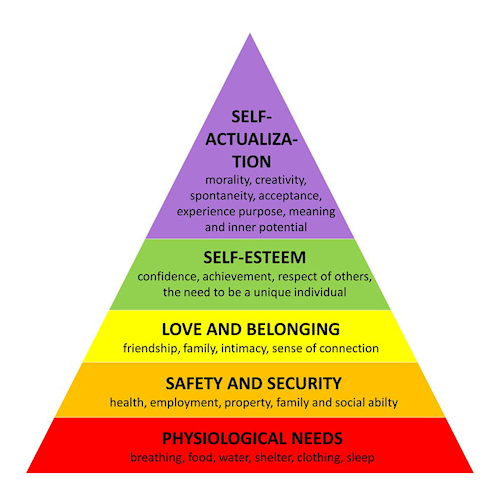All Posts in Category:Skills Worth Working On
Smart But Scattered by Peg Dawson, EdD & Richard Guare, PhD share
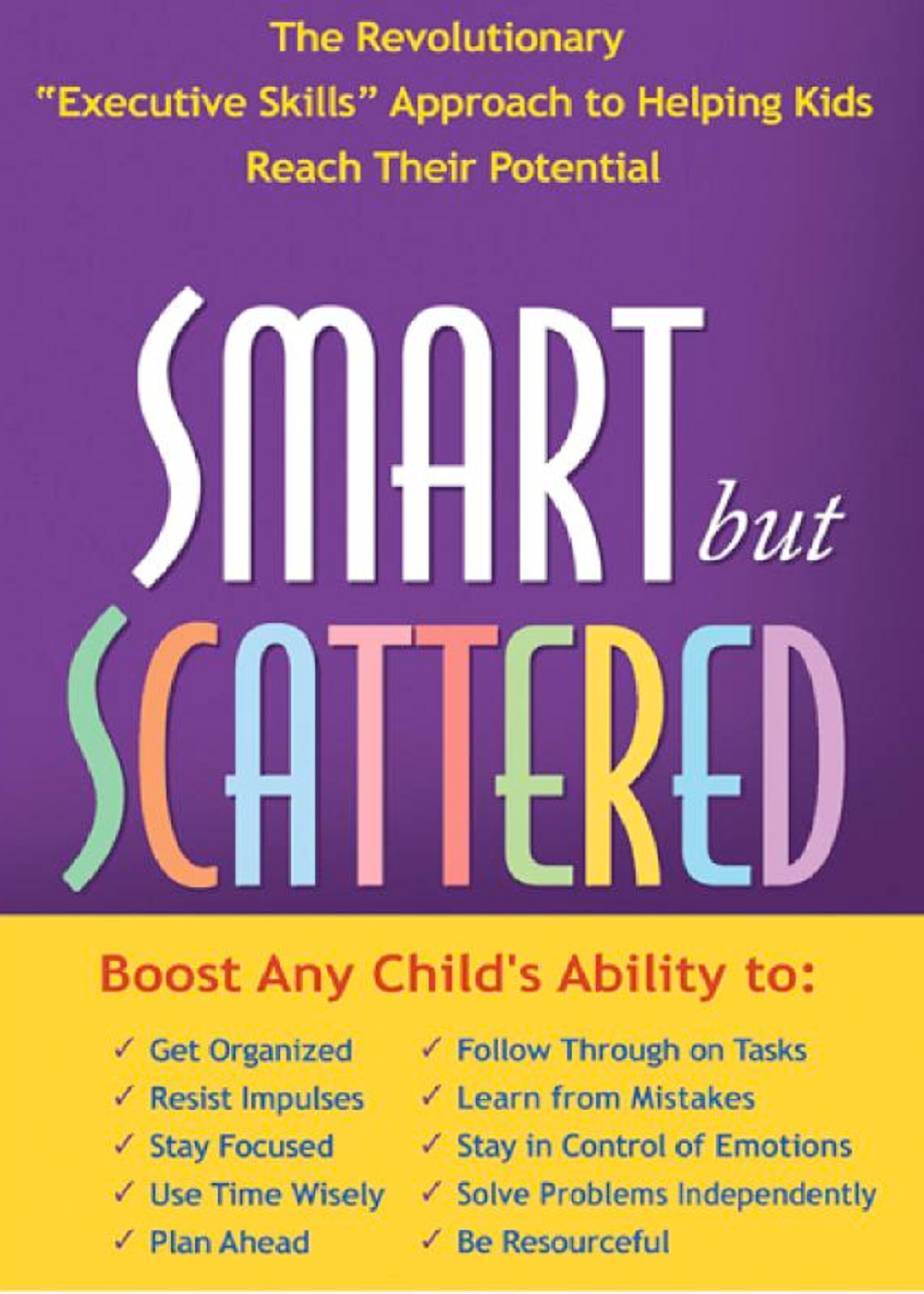 While I own this book, I have not had a chance to give it a read. It is geared towards parents of 4-13 year-old kids. You can check out my review of their companion book, Smart but Scattered Teens, which I suspect is pretty similar to this one. Additionally, in creating this review, I was excited to learn that they now have a Work-Smart Academic Planner that I will be reviewing as soon as I get my hands on a copy!
While I own this book, I have not had a chance to give it a read. It is geared towards parents of 4-13 year-old kids. You can check out my review of their companion book, Smart but Scattered Teens, which I suspect is pretty similar to this one. Additionally, in creating this review, I was excited to learn that they now have a Work-Smart Academic Planner that I will be reviewing as soon as I get my hands on a copy!
* I don’t make any money from the books that I recommend. My reviews are solely based on wanting to let people know what’s out there and could be helpful to them.
Smart But Scattered Teens by Richard Guare, PhD, Peg Dawson, EdD, and Colin Guare share
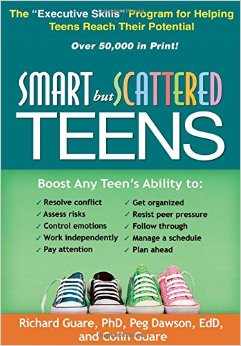 With a sense of humor and practicality, the authors of this book provide concrete, step-by-step ways to take a look at your teen’s (and yours!) strengths and weaknesses in terms of organization and planning. They then provide information about how people’s brains work and how having “executive functioning” challenges effects people’s day-to-day lives. They guide you through ways to improve these types skills with respect and compassion. The thing I like most about this book is that they emphasize that people with very smart brains can struggle with these skills. Geared to the 13 and up crowd, they also have companion books for younger kids (Smart but Scattered) as well as a new, Work-Smart Academic Planner that I’m excited to be checking out!
With a sense of humor and practicality, the authors of this book provide concrete, step-by-step ways to take a look at your teen’s (and yours!) strengths and weaknesses in terms of organization and planning. They then provide information about how people’s brains work and how having “executive functioning” challenges effects people’s day-to-day lives. They guide you through ways to improve these types skills with respect and compassion. The thing I like most about this book is that they emphasize that people with very smart brains can struggle with these skills. Geared to the 13 and up crowd, they also have companion books for younger kids (Smart but Scattered) as well as a new, Work-Smart Academic Planner that I’m excited to be checking out!
* I don’t make any money from the books that I recommend. My reviews are solely based on wanting to let people know what’s out there and could be helpful to them.
Emotionally Intelligent Life Skills share
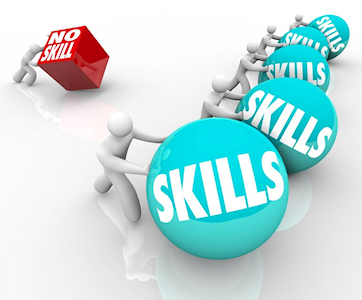 There are several types of skills that are worth working on because, as we all get better at them, they help us have less conflict and difficulty in our lives and increase the possibility that other people understand our thoughts and feelings. And the more often that happens, the more likely we are to experience our day to day life as happy. For example, Executive Functioning Skills help us to be organized so that we take care of the things we need to and help us to feel more responsible and in control of our lives. Mindfulness Skills help us to find pleasures in the small moments in life that are happening around us all of the time. They help us worry less and be happy more. Relaxation Skills, mindfulness being one of them, help us to calm anger and reduce panic and worry. Social Skills help us to work well in groups, create/deepen/maintain friendships and loving relationships, and increase the chances of other people having good/comfortable thoughts about us. Anger Management and Conflict Resolution Skills help us to not let our emotions create bigger problems for us than we already have and help us to solve problems in ways that encourage people to have good/comfortable thoughts about us.
There are several types of skills that are worth working on because, as we all get better at them, they help us have less conflict and difficulty in our lives and increase the possibility that other people understand our thoughts and feelings. And the more often that happens, the more likely we are to experience our day to day life as happy. For example, Executive Functioning Skills help us to be organized so that we take care of the things we need to and help us to feel more responsible and in control of our lives. Mindfulness Skills help us to find pleasures in the small moments in life that are happening around us all of the time. They help us worry less and be happy more. Relaxation Skills, mindfulness being one of them, help us to calm anger and reduce panic and worry. Social Skills help us to work well in groups, create/deepen/maintain friendships and loving relationships, and increase the chances of other people having good/comfortable thoughts about us. Anger Management and Conflict Resolution Skills help us to not let our emotions create bigger problems for us than we already have and help us to solve problems in ways that encourage people to have good/comfortable thoughts about us.
These are all skills that we start to learn as kids but that we continue to hone as adults. And, just like working out makes your muscles strong and makes it easier to do physical things , the more we practice these valuable life skills the stronger our life skills become and the easier it is to positively manage emotional things. Study after study shows that creating habits by practicing something over and over again reinforces neural pathways in our brains and results in “habits.” This means that the more we practice and flex our emotional muscles, the easier these skills become for us. So get out there and learn some new skills or just keep practicing the ones that you have already learned about. It pays off!!
What to Do When Your TEMPER FLARES by Dawn Huebner, PhD share
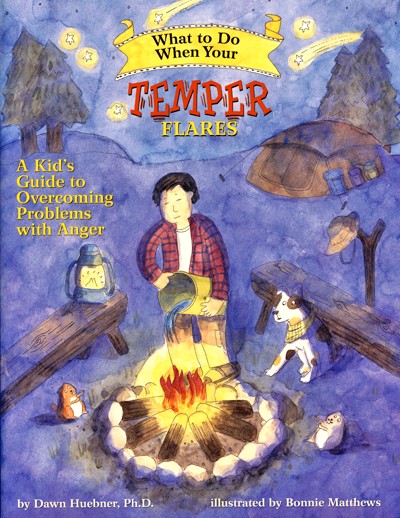 This is a fabulous workbook for kids. The book suggests using it from ages 6-12 but I think that is a loose guide and depends on the mindset of the child as well as their ability to understand that other people’s thoughts can be different than their own. Using fire as a metaphor for anger, the words and pictures then walk the reader through several different skills and approaches that can help a person develop a “longer fuse.” Explanations are concrete, using visual metaphors and practice to help increase skills that are very effective in managing anger. The author teaches, among other things, how our inner thoughts can affect our feelings and that if we work to adjust our thinking and give situations more of the benefit of the doubt,
This is a fabulous workbook for kids. The book suggests using it from ages 6-12 but I think that is a loose guide and depends on the mindset of the child as well as their ability to understand that other people’s thoughts can be different than their own. Using fire as a metaphor for anger, the words and pictures then walk the reader through several different skills and approaches that can help a person develop a “longer fuse.” Explanations are concrete, using visual metaphors and practice to help increase skills that are very effective in managing anger. The author teaches, among other things, how our inner thoughts can affect our feelings and that if we work to adjust our thinking and give situations more of the benefit of the doubt,
I use this book in session with some of my clients. Parents can also use this on their own with their kids and there is an introduction in the beginning of the book to help guide parents through how to approach it. With a positive, supportive approach you can really deepen your relationship with your child by being a resource that can help him or her to work through these challenges.
* I don’t make any money from the books that I recommend. My reviews are solely based on wanting to let people know what’s out there and could be helpful to them.
NPR's TED Radio Hour: Maslow's Human Needs share

A famous psychologist, Abraham Maslow created a well-known and researched model, a hierarchy, of basic human needs that impact our mental health. They are ordered from foundationally important basic needs to self-fulfillment needs: physiological needs, safety needs, love and belongingness needs, esteem needs, and, finally, self-actualization needs.
This interesting TED Radio Hour episode takes a dive into thinking about these basic needs in our modern times. Using people’s individual stories to illustrate each level of Maslow’s hierarchy. If you are interested in reading a more complete overview about the hierarchy, I encourage you to take a look at this easy to read article on Simple Psychology.
Maslow’s Human Needs
Humans need food, sleep, safety, love, purpose. Psychologist Abraham Maslow ordered our needs into a hierarchy. This week, TED speakers explore that spectrum of need, from primal to profound.

